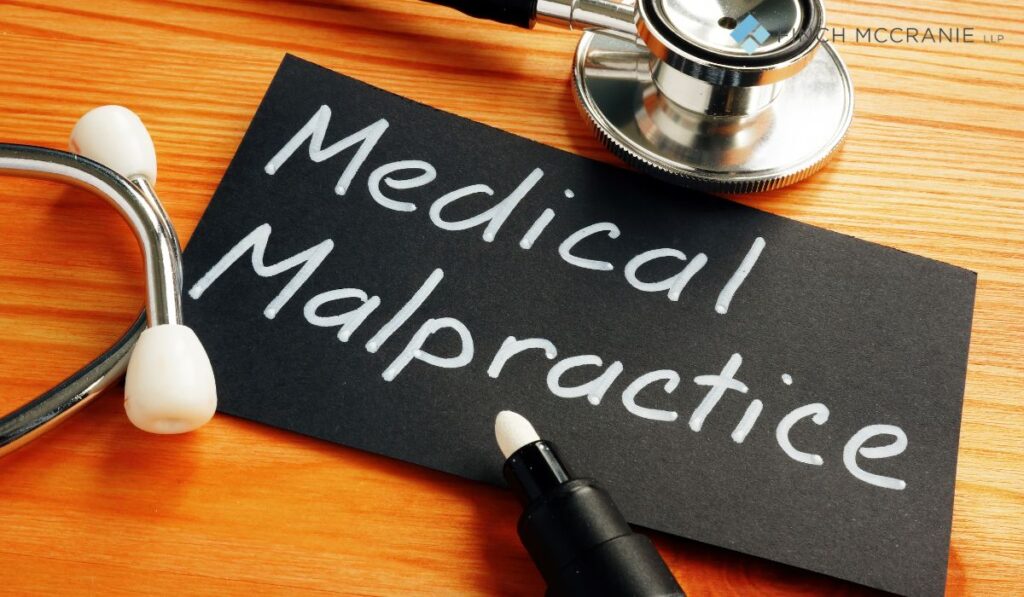You deserve safe and effective healthcare. Unfortunately, mistakes happen. If you or a loved one suffer harm, you need to know your rights. Atlanta medical malpractice claims can help you seek justice. Understanding your legal options empowers you to take control. Get familiar with the process to protect yourself. First, recognize what qualifies as malpractice. This includes errors during treatment or surgery, incorrect diagnoses, or negligence that causes harm. Next, know who can be held accountable, such as doctors, nurses, or hospitals. Taking action quickly is crucial. Georgia law restricts the time you have to file a claim. Gathering evidence and consulting experts strengthens your case. Support from experienced professionals can guide you through each step. Knowing your rights and responsibilities helps ensure a fair outcome. You’re not alone in this journey. Stand up for your health and well-being. Seek justice and hold responsible parties accountable.
Contents
What Constitutes Medical Malpractice?
To recognize medical malpractice, understand common situations. These include surgical mistakes, misdiagnosis, medication errors, or substandard care procedures. Each case involves proving the healthcare provider’s responsibility and how their actions caused harm. This isn’t easy, but knowledge is your ally.
Who Can Be Held Responsible?
Accountability in malpractice cases usually falls on medical professionals. This includes doctors, surgeons, nurses, anesthesiologists, and even the hospital itself. Knowing who could be responsible helps you file a stronger claim. The focus should be on the specific actions that led to injury or harm.
Filing a Claim: Essential Steps
Filing a claim involves several steps. First, gather all records related to your care. This includes medical documents, communication with healthcare providers, and any related bills. Second, consult an expert to review your case. This strengthens your position and helps in proving negligence. Third, file the claim within the legal time limits set by Georgia law. Missing the deadline can prevent your case from being heard.
Why Time Matters
Time is critical in medical malpractice cases. Georgia law limits the time for filing a lawsuit to two years from the date of injury. Starting your claim early allows for thorough preparation. It also ensures compliance with legal timelines, crucial for a successful case.
Evidence: The Backbone of Your Case
Having solid evidence is key in a malpractice claim. Collect all relevant medical records, photos, and witness statements. The role of expert testimony cannot be understated. Experts can provide valuable insights into whether standard practices were followed. This adds weight to your claim and strengthens your case.
Comparing Medical Malpractice Statistics
| State | Average Payout | Claims per 100,000 People |
| Georgia | $350,000 | 30 |
| Florida | $300,000 | 35 |
| California | $250,000 | 25 |
Understanding how payouts and claims compare across states offers perspective. The data shows differences in average payouts and frequency of claims. This can help set realistic expectations for your own situation.
Seeking Professional Guidance
Navigating the malpractice claim process benefits from professional support. Experts can guide you through legal complexities, increasing your chances of success. They provide clarity and direction, ensuring all steps are correctly followed.
Empowering Yourself with Knowledge
Arming yourself with information is empowering. Review resources from reliable organizations, like the U.S. government’s health insurance guide. Staying informed helps you make the best decisions for your case.
Conclusion
Your health and safety are paramount. If medical errors affect you, take action to understand your rights. From identifying malpractice to gathering evidence, every step is important. Seek professional help and act within the legal timeframe. Knowledge and preparation can lead to justice and accountability. Remember, you’re not alone. Protection and support are available to help you navigate this challenging situation.
